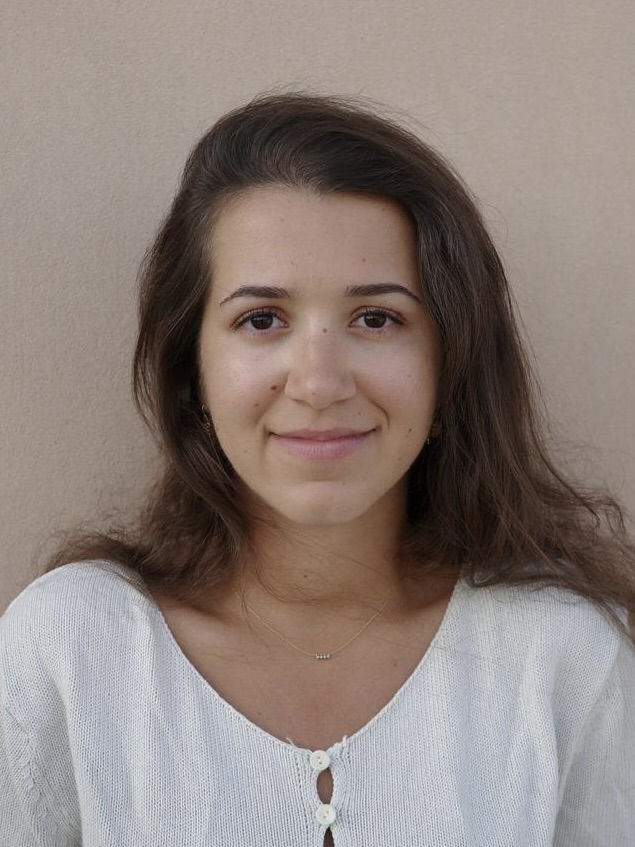
Ms Vasiliki Poula
DPhil candidate in International Development, University of Oxford
Vasiliki Poula is a DPhil candidate in International Development at the University of Oxford, exploring infrastructure projects in post-conflict settings. She investigates the decision-making mechanisms that shape them and their impact on local communities and economies, challenging the conventional view of infrastructure as neutral, purely technical endeavours. Her research is informed by her experience in place-based policy-making – from the Greek Ministry of Education at the national level, to the European Commission at the supranational level, and the OECD at the intergovernmental level – as well as in the non-profit and private sectors. She holds Bachelor’s and Master's degrees in Law from the London School of Economics (LSE).
Ms Vasiliki Poula presents her work at the Young Scholars Session.
Title: Ethical AI for children in the Global South as an infrastructural challenge
Abstract:
When we talk about children and AI, we tend to focus on interfaces—apps, platforms, content, and data rights. This research project foregrounds what is usually backgrounded: the material infrastructures that make AI possible. It examines three critical phases in the AI infrastructural lifecycle—construction, design, and disposal—to understand how children in the Global South are entangled in its material operations. It explores how infrastructures are constructed through global supply chains that often rely on extractive labor conditions, including child labor; how they are designed with little consideration for children's present or future needs, resulting in systems that are technically efficient but inflexible, inaccessible, or unrepurposable; and how they are disposed of through systems that externalise environmental harm onto vulnerable communities, including children working in informal e-waste economies. Rather than treating children as users of AI, this project traces how they are already implicated in sustaining its material conditions—often through invisibilised forms of harm. In doing so, it repositions infrastructure not as a neutral backdrop to the formation of ethical AI for children in the Global South, but as the contested ground where technological futures are unevenly built, lived, and inherited.
